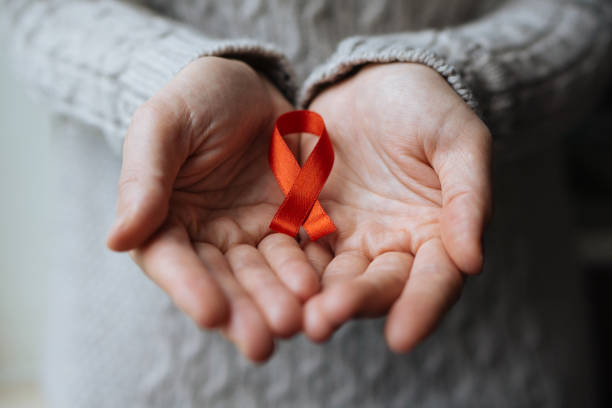Things You Need To Know About HIV Virus

Human Immunodeficiency Virus (HIV) is a virus that attacks and weakens the
immune system, leaving the person at risk of infection as well as diseases. HIV
can be spread through insecure sexual contact, the sharing of needles and also
from mother to baby in the course of childbirth, pregnancy, or nursing. This
blog will provide basics of HIV screening, prevention and treatment.
HIV Symptoms and Infection Stages
HIV disease is classified into three phases which are acute, chronic and
AIDS. When you are in the acute stage that occurs between 2 and 4 weeks after
the infection there are some who be afflicted with flu-like symptoms, such as
fever, headache, muscle discomfort, and even a itchy rash. Some people, however,
are not likely to experience signs. At the time of chronic disease, HIV
replicates at a slow rate, with no apparent manifestations. This stage could
last for up to 10 years with no treatments. When left untreated, HIV progresses
to an advanced stage and becomes AIDS. AIDS symptoms include persistent illness,
weight loss diarrhea and fever.
Tests for HIV
Only testing can determine if someone has HIV. HIV antibody tests, the
antigens and nucleic acids are some of the most frequently used tests. HIV
antibodies can be detected using testing the HIV antibody test. Antigen tests
look for HIV antigens. Nucleic acids look for viral genetic material. It is
suggested to test regularly, particularly if you share needles, or are sexually
active. In case where you like to find out further information about human
immunodeficiency virus, you must look at aids2010 site.
Treatment for HIV
The antiretroviral therapy (ART) aids HIV positive people to live longer and
healthier lives. The ART process involves the use of a mixture of medicines that
are targeted at several stages of the HIV life cycle. These medications prevent
the virus from replicating by reducing the amount of HIV within the bloodstream,
as well as protecting the immune system. If people with HIV are taking their
prescribed medication they may be able to attain an undetectable viral burden.
This means that the amount of HIV present in the bloodstream is not enough to
spread to other individuals.
HIV Prevention
Prevention is key to keeping the spread of HIV under in check. Here are some
guidelines to prevent HIV transmission:
If you are involved in sexual activities, you should use a condom.
Limit the number of people you have.
If injecting drugs, make sure to make sure you use needles that are
clean.
Be tested for HIV regularly.
PrEP is a form of pre-exposure prevention. (PrEP) is an pill you can take
every day to lower your chance of HIV disease by as high as 99%.
Summary
In conclusion, HIV is still a significant public health concern, and it is crucial to be aware of the disease, its signs and symptoms, as well as treatment and ways to prevent it. Although there is no cure for HIV those living with the virus can live for a long time and enjoy a healthy lifestyle by receiving the proper medical treatment. Through taking the proper precautions and getting tested regularly each of us can help in preventing the spread of HIV and reducing its impact on people and the society as a whole. The power of knowledge is. The more you are aware about HIV the better equipped we can help you protect yourself and those around you.
Comments
Post a Comment